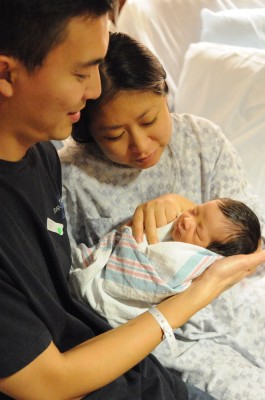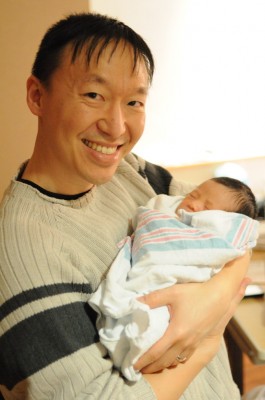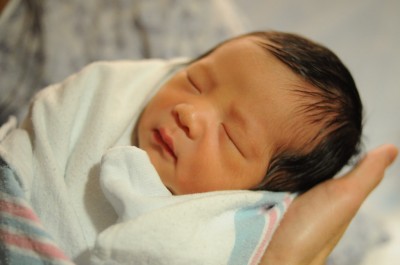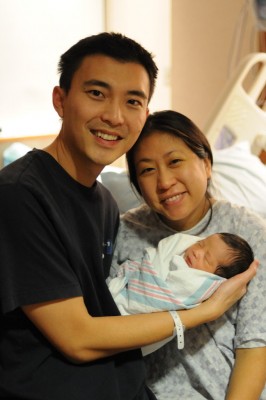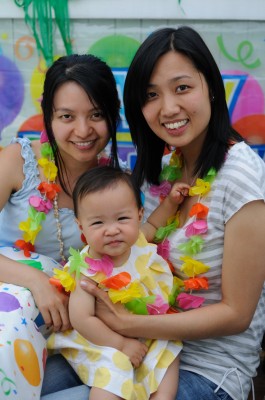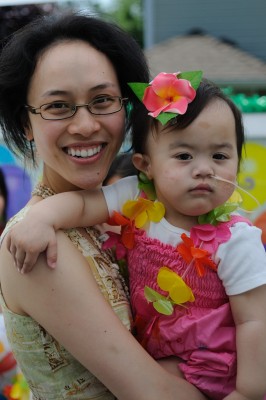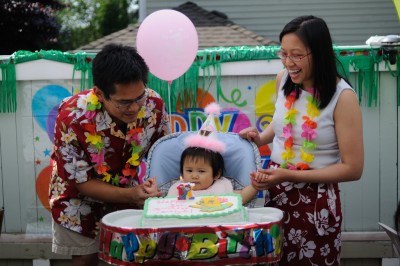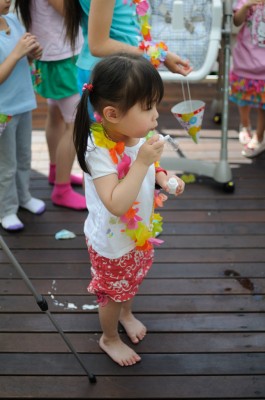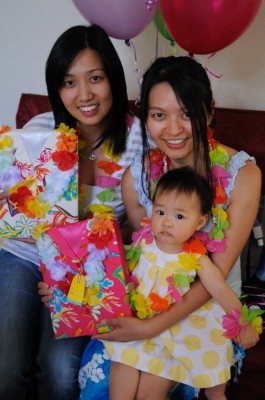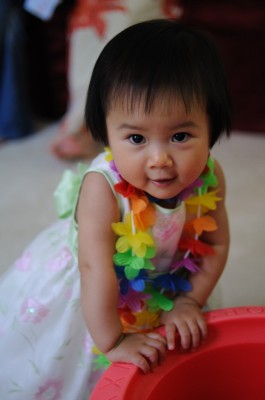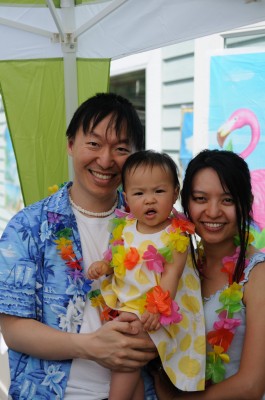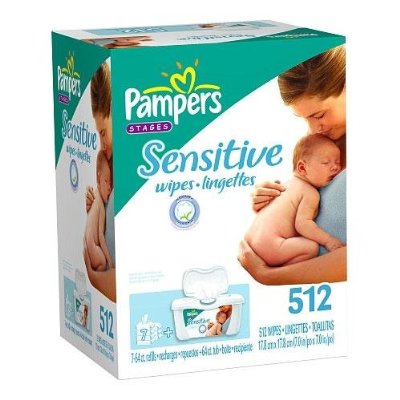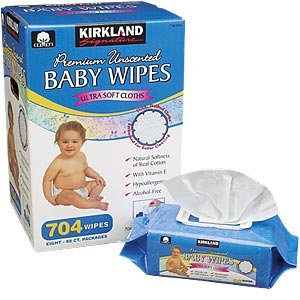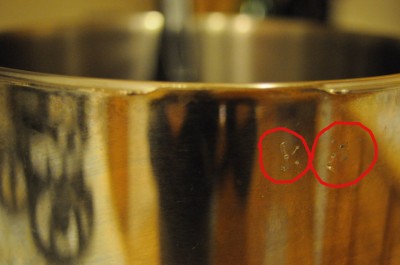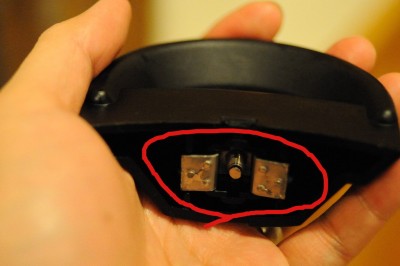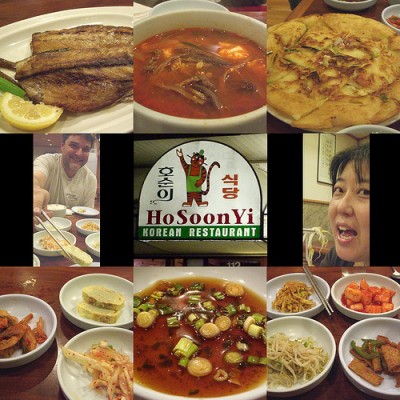
If you’re a fan of Korean food and live in Seattle, most likely you know the restaurant Hosoonyi. It was the baseline of all Korean restaurants. To line up for a seat around dinner time, one would literally be standing outside in the parking lot waiting to be seated for up to an hour or more. Once inside, there was no waving down the unresponsive waitresses who only show up to deliver the food, which was another long wait, and purposely ignore any hand gestures or cries for service. The poor service, however, didn’t stop customers from coming because the food was unparalleled in Seattle.
Unfortunately, that was before Lia was born. Karen and I haven’t been to the restaurant until recently, when we arrived around dinner time surprised to see the parking lot devoid of hungry customers. At first we feared that the restaurant suffered a dreadful demise, but the dim illumination of the neon sign that outlined “open” seemed to indicate otherwise. As we entered, there was no mistaking the renovation that had taken place to the room. Even the hot tea which used to come in a plastic, slow-release toxic cup, is now contained in a high-quality ceramic cup. The waiter was courteous and attentive, which gave a chilling sensation as it seemed like we have entered the Bizarro world of Hosoonyi. The menu used to be presented in a bland, korean/english format, so when we saw the new menu opens up in full color with four different languages, we knew we were headed for disaster.
Typically we order three items as our benchmark for Korean food–the Seafood Pancake, the Tofu soup (soon doo boo), and the BBQ Beef (Bugolgi). Unfortunately we were disappointed on all three fronts. The Seafood Pancake was served in a smaller plate and now has a much thicker breading, reducing the seafood taste. The BBQ Beef is no longer thinly sliced like Chinese Hot Pot, but is now as thick as chopped liver. Lastly, the Tofu Soup was the most disappointing of all with some additional sour vegetable ingredient which completely defiled the delicate balance of the soup. The soup went from Excellent to Below Average, which is quite a drop.
Finally the waiter confirmed that the ownership did change slightly over a year ago. From my quick survey of the racial profile of the customers, the number of Koreans dining at that moment had been drastically reduced. In fact, there were more empty seats than people during prime dinner hour, which is quite telling for this restaurant. This is very unfortunate, as the number one Korean restaurant in Seattle has fallen. The benchmark of all Korean restaurants had fallen.
If anyone has suggestions for a new Korean Restaurant benchmark in Seattle, please let us know!
